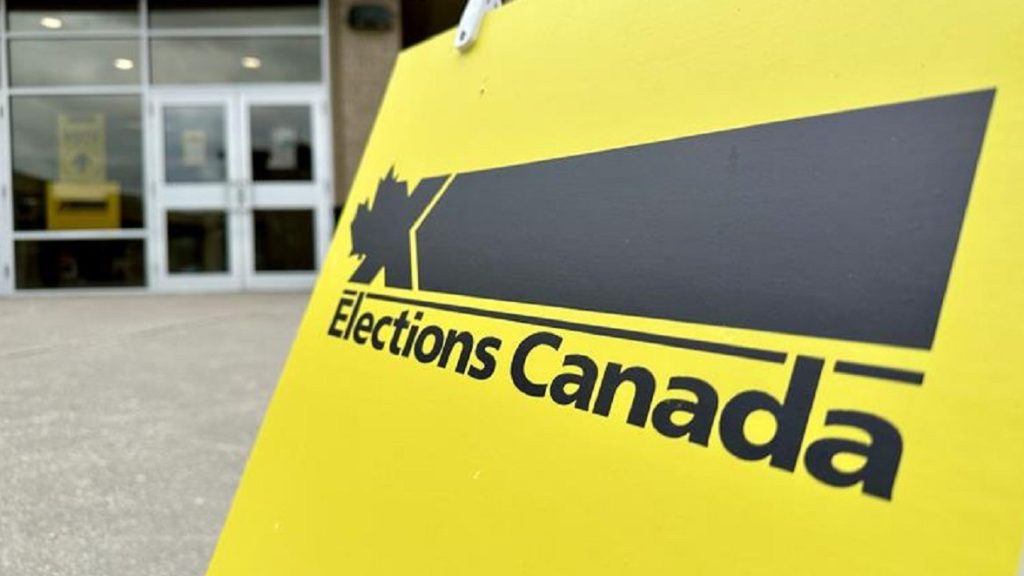The international trade war initiated by U.S. President Donald Trump has made the hobby of collecting trading cards increasingly complex in Canada. The evolving tariff landscape among Canada, China, and the United States has created a ripple effect impacting distributors, retailers, resellers, auction houses, and collectors alike, each facing fluctuating market conditions.
Jeff MacDougall, the general manager of 401 Games based in Toronto and Vaughan, Ontario, reported that nearly all facets of his business have been affected by these tariffs. He specifically mentioned that the tariffs have hit Pokémon cards, Magic: The Gathering cards, sports cards, and Yu-Gi-Oh cards hard. MacDougall has reached out to several members of the federal and provincial parliaments regarding Canada’s reciprocal tariffs, noting that while Konami—maker of Yu-Gi-Oh cards—absorbs a significant portion of the tariffs, other companies do not play the same role.
The brunt of the impact is twofold for retailers like MacDougall. First, the cost of importing new packs of hockey, baseball, Pokémon, or Magic: The Gathering cards into Canada has surged due to tariffs on products printed in the U.S. Furthermore, essential supplies needed for card protection and display, such as plastic sleeves, have become increasingly scarce, facing duties as they enter the U.S. from China and again when re-entering Canada from American distributors.
"Any board games we carry are printed in China, and a significant portion of the supplies for protecting trading cards comes from China as well," MacDougall explained. He added that many suppliers are holding back on shipping products to avoid the financial strain imposed by tariffs. These issues were a major talking point at the Sport Card Expo in Toronto, where thousands of collectors were expected to gather at the International Centre in Mississauga, Ontario.
Elliott Frankl, president of SRM Sports & Entertainment, serves as a Canadian distributor for BCW Supplies, an American company producing storage boxes and sleeves in China. He highlighted the detrimental impact tariffs have had on pricing, making it financially untenable to sell at a profit. "We had to cancel our last couple of orders, which has resulted in a shortage," said Frankl. He also mentioned an ongoing discussion with BCW about potentially shipping products directly from China to Canada to sidestep tariffs in the future.
The grading process—where a third-party company assesses a card and encapsulates it in a certified hard plastic shell—has also felt the weight of increasing trade barriers. Professional Sports Authenticator, the largest grading company globally, announced on April 2 that it would stop accepting submissions directly from Canadian collectors, opting instead to communicate only with authorized representatives in Canada. While this change has posed challenges for some, it has benefitted Canadian PSA dealers like N.D. Sports Cards in Vaughan, which has experienced a surge in business as a result.
Eric Maggiacomo, co-owner of N.D. Sports Cards, noted, "We’ve been in business for three years, and last year was a record year for us. In four months this year, we've already matched last year." However, Canadian grading companies have experienced mixed results due to the trade issues. Nathan Barnai, president and CEO of KSA Grading and Authentication Services, observed an uptick in Canadian clients hesitant to send items across the border, which has been beneficial for his business. Still, concerns over potential complications have made U.S. clients more apprehensive about sending valuable items to Canada.
Tony Piacente, co-owner of iCert Certification Services, mentioned that while the tariffs themselves have not severely impacted his business, the uncertainty surrounding future duties has caused significant concern for his clients. "We’ve had customers trying to rush orders to avoid tariffs and many inquiries about how it will affect things moving forward," Piacente said. The unpredictability of tariff enforcement leaves stakeholders on edge.
Many resellers, who operate by selling individual prized cards at conventions and through online platforms like eBay, have expressed that they are not overly concerned about the tariffs. However, they do acknowledge the pressure from increased supply costs. One reseller remarked on seeking "the least expensive way" to deliver cards to U.S. customers, reinforcing the notion that trading cards, being small, are slightly easier to navigate through the current trade climate. Another reseller humorously noted their recent trend of sending birthday cards. Overall, the trading card industry in Canada finds itself in a challenging position due to the ongoing effects of the trade war.












